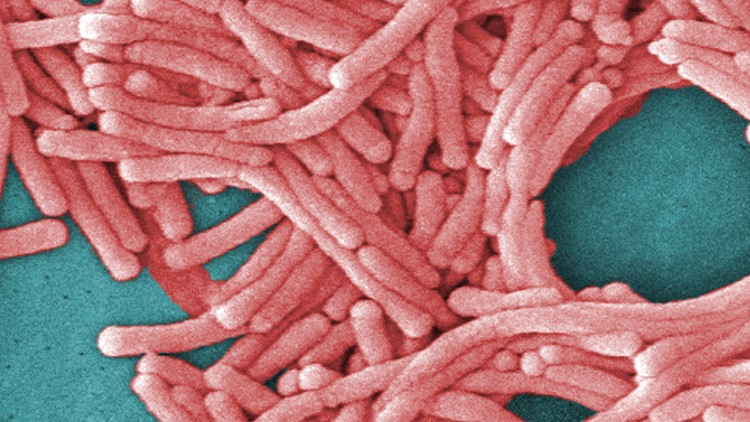AUGUSTA, Maine — The Maine Center for Disease Control and Prevention has found detectable levels of Legionella bacteria in the Orono-Veazie Water District.
According to a release sent out by the Department Friday, the bacteria was detected in two locations when the Department conducted sampling of the water.
The tests were part of a continuing investigation of the cluster of Legionella cases in the greater Bangor area last week.
The CDC is letting Mainers in that area know that the Department is working closely with the water district to combat the bacteria by increasing chlorine levels in the systems. The Department will also conduct a follow-up test of the water.
The CDC says customers of the Orono-Veazie Water District may smell chlorine in their water as a result. The Department adds the increased level of chlorine is not harmful, and the water is still safe to drink and use.
It has not yet been determined whether the detectable levels of Legionella bacteria may be related to the reported cases of Legionnaires' disease last week. No additional cases of the disease have been reported since the July 12 announcement of the investigation.
Legionnaires' disease is a type of pneumonia that can happen when people breathe in small drops of water that contain the bacteria, which is found naturally in freshwater environments, like lakes and streams.
The bacteria can become a concern when it grows and spreads in human-made building water systems like sinks, cooling towers, hot tubs, fountains, and large plumbing systems.
Legionella bacteria is not transmitted by drinking water.
Symptoms of the disease can include a cough, shortness of breath, fever, muscle aches, and headaches. Most people who are healthy when exposed to Legionella bacteria do not get sick.
People with the following characteristics are more at risk for contracting Legionnaire's disease:
- are 50 years and older
- are current or former smokers
- have chronic lung disease
- have weak immune systems
- have cancer
- have underlying illnesses, like diabetes, kidney failure, or liver failure
In 2017, there were almost 7,500 cases of Legionnaires' disease in the United States. Last year, there were 33 cases of Legionnaires' disease in Maine.
For more information on Legionella, visit the Maine CDC's website or the Federal CDC's website.



